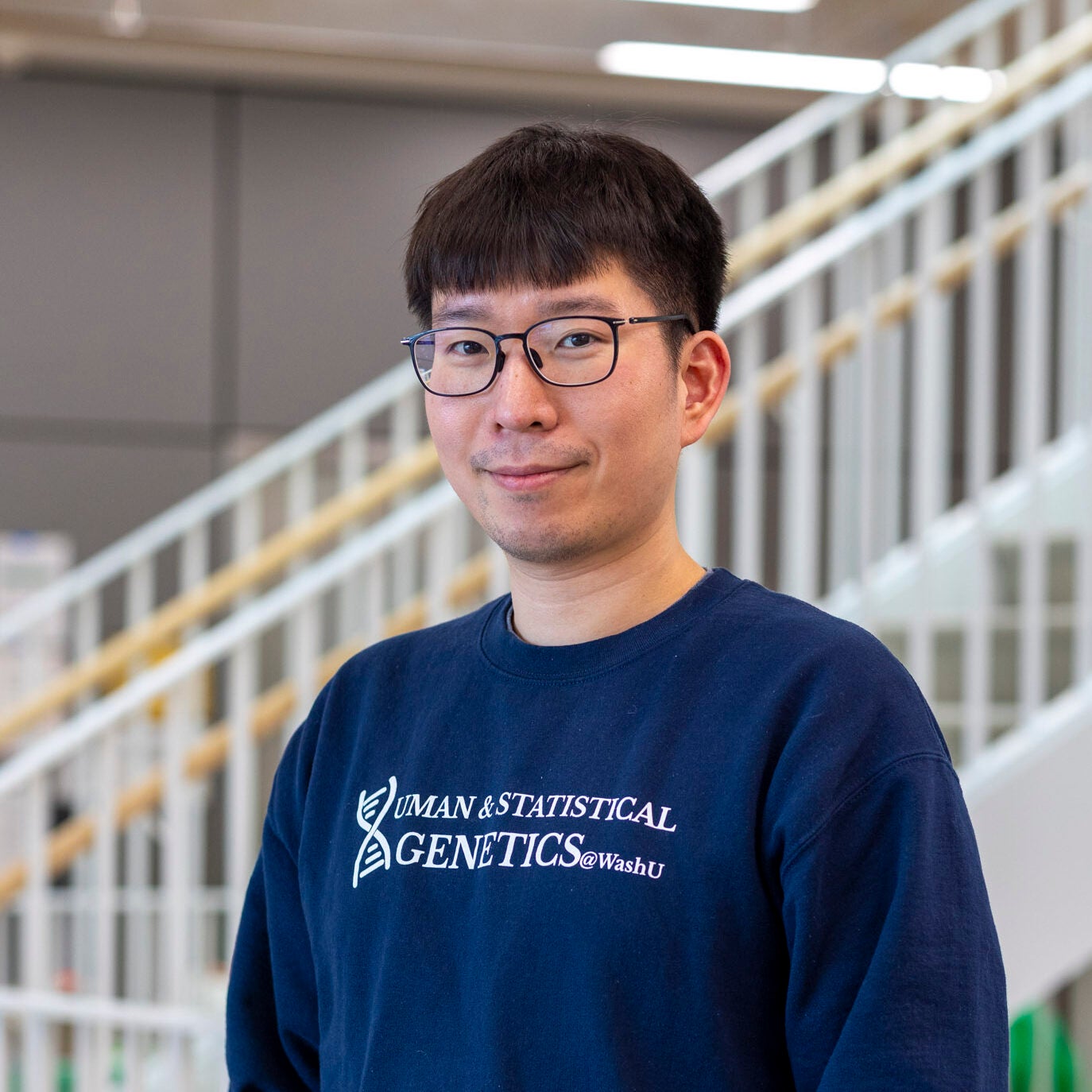
Even though transposable elements compose about half of the human genome, they were historically regarded as junk. Only until the past decade, new evidence shows that transposable elements have biological functions, including their role as promoters initiating gene expression. While most transposable elements are typically repressed in healthy somatic tissues through epigenetic regulation, aberrant regulation in cancer or epigenetic drug treatment can activate transposable elements as promoters, which may produce previously uncharacterized proteins. These proteins may encode antigens targetable for immunotherapy. For patients lacking somatic mutation-derived antigens for immunotherapy, scientists can potentially look into antigens from transposable element expression. In the new study published in Genome Research, postdoctoral fellow Ju Heon Maeng has developed a suite of computational tools to significantly improve immunopeptidome detection from transposable element expression, utilizing long-read data.

Investigating transposable element expression as a source of antigens for immunotherapy presents a technical challenge: it is difficult to identify transposable element expression using traditional short-read sequencing data due to their repetitive nature. To address this challenge, Dr. Maeng combines long-read data and CAGE technology, and develops a new suite of computational tools for long-read data.
“We first need to verify if our long-read data is better for identifying promoters within transposable elements compared with the conventional short-read data (nanoCAGE). Our results demonstrate that long-read data outperforms short-read data for identifying promoters within transposable elements”
Dr. Ju Heon Maeng
The researchers then looked into antigens from transposable element expression in human lung cancer cells treated with epigenetic drugs. “As we are interested in using epigenetic drugs to induce antigens for immunotherapy, we profiled drug-induced transposable element expression using the long-read data. We validated three antigens from drug-induced transposable element expression through mass spectrometry data.” said Dr. Maeng.
Dr. Ju Heon Maeng started working on this project back in 2018, when he was a PhD student in the Wang Lab. “The reason I joined the lab was that I liked Ting as a scientist and his lab was looking at transposable elements and epigenetic regulation. The idea that epigenetic treatment could induce transposable elements as a pool for antigens fascinated me. While I was familiar with mutation derived antigens, the concept of transposable element-derived antigens was entirely new to me. I saw an opportunity to pursue this research, as it not only presented an interesting biological phenomenon but also held potential for clinical translation.”
View the toolkit developed by Dr. Ju Heon Maeng here: https://github.com/twlab/LRCAGE
Featured in this article:
Ju Heon Maeng, PhD

Ju Heon Maeng is a postdoctoral fellow at Washington University School of Medicine Department of Genetics. He received his BS in Biological Sciences and Industrial Engineering at Korea Advanced Institute of Science & Technology (KAIST) and worked as a software engineer for 3 years. Currently, he is researching epigenetic perturbation of transposable elements as a means to induce tumor antigens in glioblastoma stem cells and lung cancer cells.
Wang Lab

The Wang Lab’s research focuses on understanding the evolution and adaptation of human regulatory networks, particularly their impact on human health and disease. Utilizing integrative and systems approaches, the lab develops statistical and computational algorithms for exploring the human genome, integrating cross-species comparative and high-throughput genomics data. The lab is also involved in developing genome browsers and tools for analyzing high-throughput genomics data, including next-gen sequencing data.